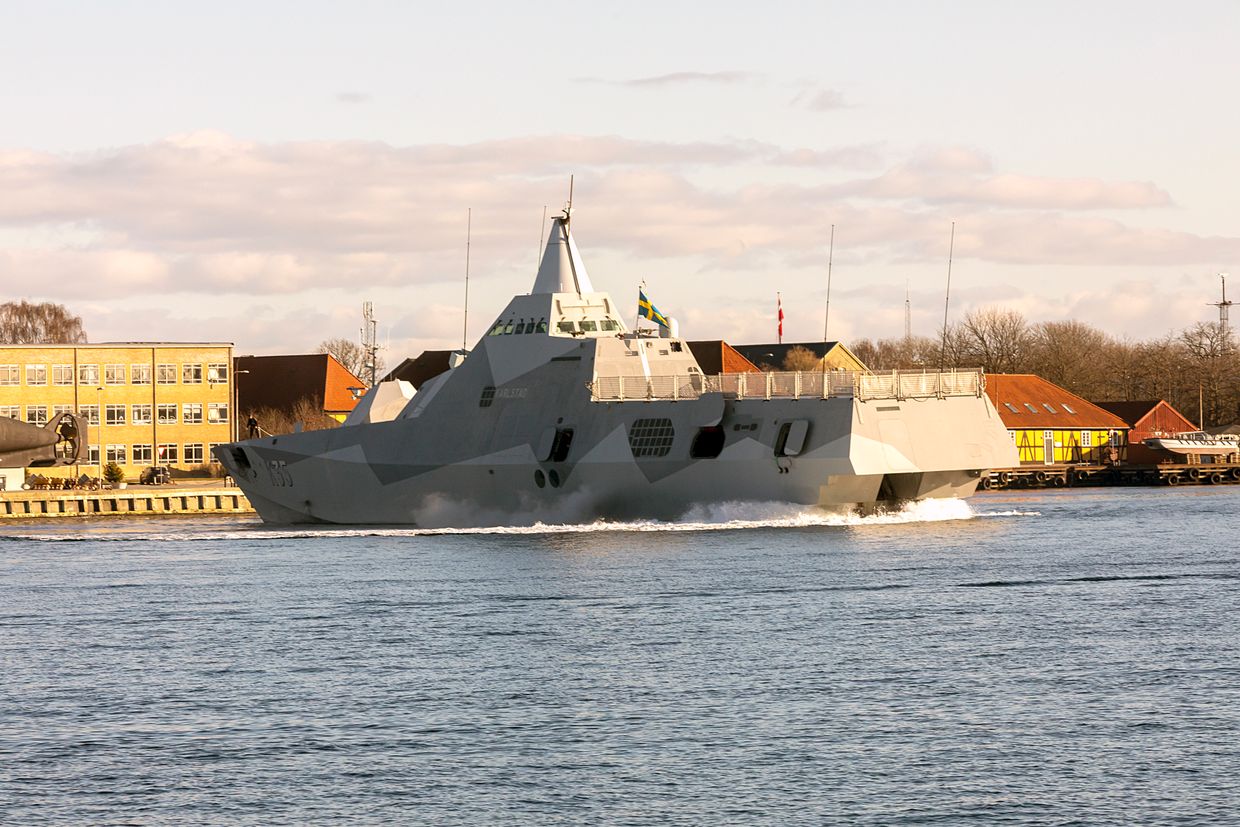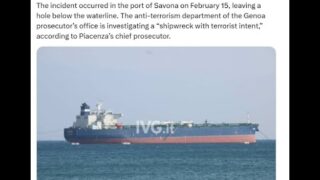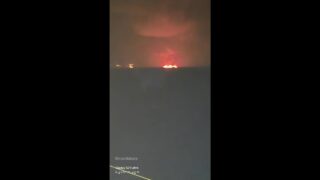
Northern European coalition steps up undersea monitoring amid sabotage, Russian shadow fleet concerns
The U.K-led Joint Expeditionary Force (JEF) has set up a tracking system to alert allies if a ship poses a threat to undersea cable infrastructure and to monitor Russia's shadow fleet of tankers, London said on Jan. 7.
The JEF is a coalition of 10 northern European NATO countries.
The decision comes after several telecommunication and energy cables underneath the Baltic Sea were damaged over the past six months, with four telecom cables and one power cable severed on Dec. 25.
Only two of those cables of the Christmas incident were repaired by Jan. 7. Authorities suspect the Russian shadow vessel Eagle S of the sabotage.
The new Nordic Warden system monitors ships in real-time and alerts JEF and NATO allies if a vessel behaves suspiciously. Its database also contains tankers that are part of Russia’s shadow fleet.
The shadow fleet refers to a group of aging, poorly insured tankers Russia uses to avoid international sanctions on its oil trade. Moscow also uses these vessels for espionage, Sweden said.
"Nordic Warden will help protect against both deliberate acts of sabotage as well as cases of extreme negligence which we have seen cause damage to underwater cables," U.K. Defense Secretary John Healey said in a statement.
Parallel to the Nordic Warden operation, NATO is increasing its military presence in the Baltic Sea to bolster situational awareness and deter potential threats.
Allies are also exploring measures to protect critical undersea infrastructure, supported by NATO's Maritime Centre for Security of Critical Undersea Infrastructure, established in May.
Allied officials have raised alarm over a growing number of Russian sabotage operations in Europe since the West threw its support behind Kyiv after the outbreak of the full-scale invasion in 2022.
















